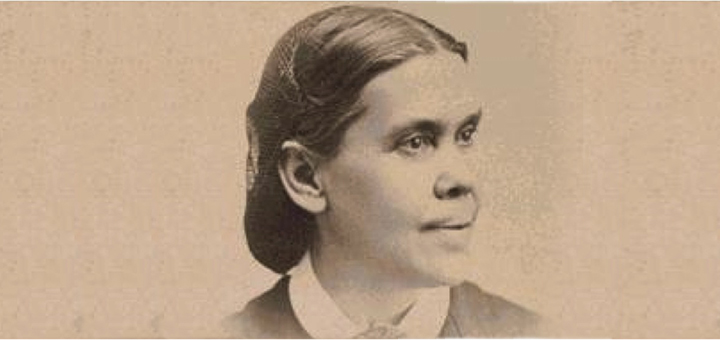“Why would I care about Adventist history?” The question came from a bright young Scandinavian active in youth ministry. He said that in response to a suggestion I made concerning measures that might be taken to help retain more of our young adults. We were at a convocation discussing that very problem. Frankly, his question and tone of voice were totally dismissive. The other members of our focus group seemed equally puzzled by my statement, so we moved on to suggestions they thought more likely to succeed. I share this episode not to impugn him or his comments in any way. It was clear that he and his age mates considered my suggestion utterly absurd. And it was clear to me that making my case would take more time than we had available, and even the attempt would only alienate the others in this group:
I share it to demonstrate the gap between where we are and where we need to be concerning Adventist identity.
In the seminary, evangelism is repeatedly described as “meeting felt needs.” That’s the dilemma. On the one hand, I believe that young adults in the church have a great need for sense of Adventist identity. On the other, for various reasons, which we will not go into here, they are by and large totally unaware of that need. It is not a “felt need.” In this blog, I will discuss why I made that suggestion, and why it is essential to understanding our identity. In future blogs, I will describe how to reveal that need.
The question of identity, “Who am I?” of course, is one of the “Three Great Questions.” Who am I? Why am I here? Where am I going?
As it turns out, the three questions are interrelated. We cannot really know who we are unless we understand why we’re here, and where were going. As a shortcut, I refer to these three great questions as Identity, History, And Destiny. Let us examine two alternatives to identify how this works. These are not intended to be exhaustive or definitive, just examples of how the answers to the three great questions interact.
The first example, let us ask the question of History, “Why am I here?” this way: You are the product of a series of fortuitous random events, beginning with single celled organisms, and evolving, with the aid of natural selection, to your current status.
Now let us answer the question of Destiny, “Where am I going?” In this way: You are going to die. Your body will break down into its elementary molecules, becoming part of the cycle of life. Eventually all the stars will burn out, and all life will become extinct in the uniform frigid temperature of the universe.
Rather than tell you what the answer is to the question of Identity, on the basis of the answers I just supplied to those questions I suggest you formulate it for yourself.
In our second example, we will answer the questions differently. For the question of History, “Why am I here?” We will say, you are here because God created the world, including all life, and specifically including you.
We answer the question of Destiny in this way: God eventually will create a New Heaven and the New Earth. You can choose to trust in God, and inherit that New Heaven and New Earth, or not.
Once again, I leave the formulation of Identity to you. It doesn’t matter whether you agree with the two alternatives are not. It doesn’t matter if you would suggest alternatives. The point I’m making is simply that the answer to the question of identity depends upon and is interrelated to the answers to the other questions. Identity in the first case is radically different than Identity in the second case. That’s why we need to know our history.
And in my experience, talking to Adventists of all ages, I find again and again, that distortion of our identity — indeed, much of the current polarization of the church — derives from differences in understanding, or misinformation concerning our history, both as Christians, and as Adventists.
Much of the current debate over our status as a “remnant” actually revolves around our understanding what the remnant was historically. Probably nowhere is history more relevant than in the discussion of Bible translations. I could go on and on, but that would be a diversion.
At this point in the discussion, I want to point out that when it comes to this question of Identity, the foundation for that is embedded in our name: Seventh-day Adventist. I find it the height of irony that we, whose answers to the questions of History and Destiny are part of our name, should have such difficulty with the question of identity. Let me elaborate.
“Seventh day,” clearly points back to the seven-day creation narrative in Genesis. So our History points back to creation itself. As a sidelight, it’s no wonder the current debate about a literal creation generates so much concern among some. Many feel their very Identity threatened by the notion that the seven day creation story might not be literal.
“Adventist,” just as clearly points to the Second Advent. Using the model as suggested that our Identity is linked both to the creation, and to the second coming of Christ. We find ourselves as children created by God and awaiting his return.
Of course, Identity is more complex than that. But then, so are History and Destiny. In fact, it is in discovering and exploring the details of both of those that our Identity comes into focus. Without realizing it, that is the process I personally have been going through for nearly 30 years. And as I share the fruits of that exploration with others, they seem to resonate with the process, and find it makes their own identity clearer.
That is what I hope to share as the series progresses.








